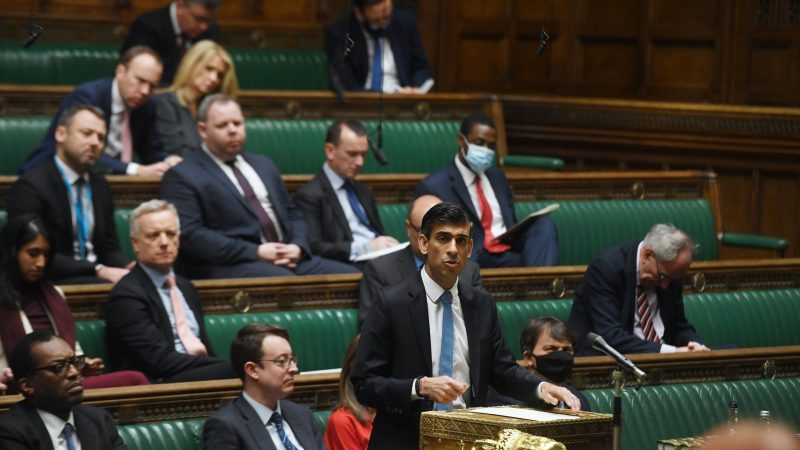
Cabinet reshuffles are delicate operations. Too much continuity defeats the purpose, but too drastic a change can signal desperation.
The Prime Minister tried to strike a winning balance last month by appointing David Cameron as Foreign Secretary, shifting James Cleverly from the Foreign Office to the Home Office and leaving Jeremy Hunt in situ as Chancellor of the Exchequer.
One month on, there is little evidence that this shake-up has had the desired effect: new research from Deltapoll shows all members of Rishi Sunak’s new-look top team lagging behind their Labour counterparts in terms of public support.
Lammy and Cooper are favoured over Cameron and Cleverly
Cameron’s return to government stole the headlines during November’s reshuffle, but it has been met with a relatively muted reaction from the public.
When asked to set aside any support for a political party they may have, only a third (33%) of respondents say that a Conservative government led by Sunak with Cameron as Foreign Secretary would do the best job of representing Britain on the world stage. The alternative – a Labour government led by Keir Starmer with David Lammy as Foreign Secretary – is favoured by 37%. A further 30% don’t know.
The previous Foreign Secretary, James Cleverly, does not fare much better. Only just over a third of respondents (34%) think a Conservative government led by Sunak with Cleverly as Home Secretary would be best for Britain’s national security and the safety of its citizens. In contrast, 37% believe that a Labour government led by Starmer with Yvette Cooper as Home Secretary would be best, and 29% don’t know.
The autumn statement has yet to boost Hunt’s ratings
Hunt, the only one of the trio not shuffled into his role in the last month, also trails his opposite number in Labour. Just under a third (31%) say a Conservative government led by Sunak with Hunt as Chancellor of the Exchequer would be best for the British economy compared to 37% who say a Labour government led by Starmer with Rachel Reeves as Chancellor of the Exchequer would be best. In this case, 32% don’t know.
Unlike Cameron and Cleverly, Hunt has been in his post for long enough to amass tracking data on the public’s view of his performance. The proportion of respondents backing him is in line with his average over recent months, which suggests that the autumn statement has not won him any additional support – at least, not yet.
No matter the policy area, voters are inclined to side with Labour
Perhaps the most striking aspect of these results is the consistency of the Labour shadow cabinet’s advantage across all three great offices of state. In each case, the Labour shadow minister has the support of 37% of respondents, putting them between three and six percentage points ahead of their government counterpart.
Further analysis reveals that most respondents support one party or the other on all three questions: fewer than one in ten respondents favour the Labour spokesperson in one match-up but the Tory minister in another. This means it is not quite the same 37% of respondents who support Labour in each of these questions, but it is not far off.
The main lesson to be drawn from these results is that no matter the minister or the policy area, the public is inclined to side with Labour over the government.
Two caveats are in order, however. The first is the significant proportion of people who say they don’t know in response to each question: around three in ten in each case. The second is that the consistency of the results suggests that the public is not paying very much attention to the performance of different cabinet ministers vis-à-vis their opposition rivals. That may change during the campaign before a general election, and the numbers might change with it.
Deltapoll interviewed 1,005 British adults online between December 8th and 11th. The data have been weighted to be representative of the British population as a whole.




More from LabourList
Turning the page? Labour’s recovery in the polls show a path to 2029 victory
Restoration announce recommendations for NEC candidates
‘Factionalism at the top is weakening Labour – and handing a gift to Reform’